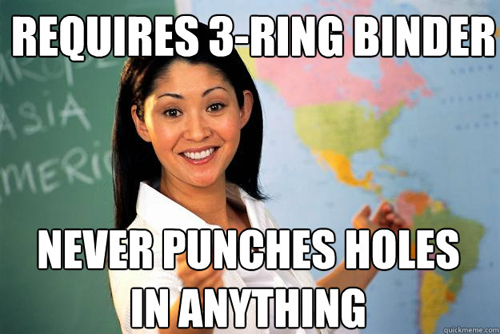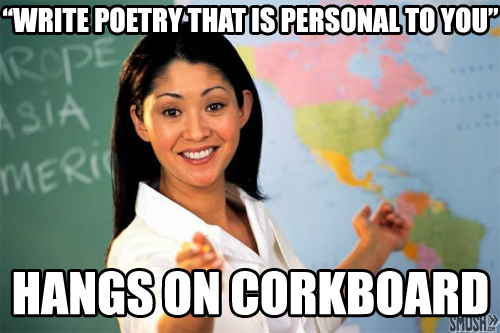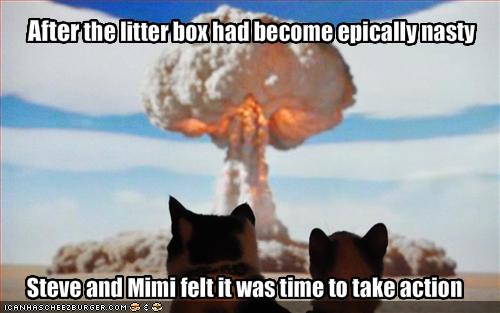Thanks to everyone who participated in the discussion about the NPR’s Top 100 YA List. The good thing about lists and awards is that they tend to provoke conversation – sometimes debate – and in that way the titles of many more books are shared. And that’s a good thing.
But I really hope NPR follows up with some good journalism about YA and children’s literature by people of color as part of their attempt to report about and for a larger audience. Let’s keep bugging them about that, shall we?
Question 5: How do you begin a story when you have numerous ideas circling around in your brain?
Answer 5: It does not matter. JUST START. Write them all down, every single one. Scribble down the ideas on a sidewalk with chalk. Then take a photo before it rains. Or open a doc on your computer or grab a pen and a piece of paper. It does not matter. JUST START. The ideas don’t have to be in order. They do not have to be complete sentences. You’ll probably find that as you scribble, they will grow, mutate, and give birth to new ideas. This is good!!!
When you have captured all the ideas buzzing around in your brain, take a day or so away from them. Let them cool down. Come to my house and help me weed my gardens while you’re waiting. Then go back and read them. Circle the ones that make your heart beat faster. Those are the ideas that you should be pursuing right now.
Today’s Quote
“Never be afraid to sit awhile and think.”
Lorraine Hansberry
Today’s Prompt: I want you to think about someone that you went to high school with. It should be someone you’d say “hi” to in the halls, but not the person with whom you shared your darkest secrets. Or any body parts.
Write about what that person might be like today. Construct a family or a lack of family. A job. A house, or maybe she’s living under a bridge. Start with your memories of that person (which will be shaded by how you felt about them), but let your imagination fill in the blanks.
Hint: Try to make your details as specific as possible. That she likes coffee is not specific enough. Precisely how does she take her coffee? Where does she buy it? Who does she drink it with? In what kind of cup or mug?
Scribble… scribble… scribble…







